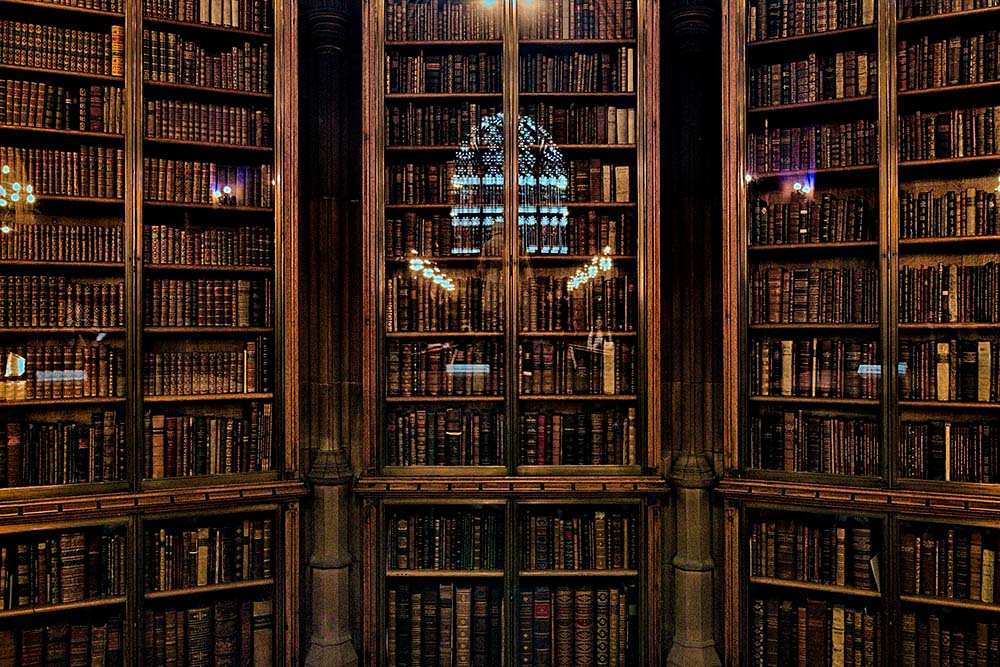While both pop music, especially with its subcultural scenes, and youth culture, which became highly differentiated in state socialist societies in the 1980s, are now relatively well researched, only a few studies follow their development through the social transformations that began after the political upheaval of 1989/90.
With the fall of the Iron Curtain and the resulting cultural “freedom of movement”, Western culture became easily accessible to the population for the population of the former Eastern Bloc countries. The first half of the 1990s in particular was marked by the catch-up effects that came with an unhindered flood of Western (pop) culture. In comparison, the formerly established (and often politically protected) representatives of pop culture under state socialism experienced an enormous loss of importance and audience, as they were now directly competing with the Western “originals” while being widely associated with dictatorship and a strong loyalty to the former autocratic systems. However, the caesura of 1989/90 was not absolute: already in the last decades of state socialism, more or less officially tolerated private-sector structures existed in the field of pop culture. “Pop imports” from the West became an instrument of state cultural policy.
Yet, the political changes also meant a clear turning point for the subcultural scenes and fan cultures, which partly dissolved or were absorbed into the new conditions of pop culture, since cultural frictions in everyday life disappeared with the end of state socialism. Then again, the East also experienced an astonishing blossoming as a space for the development of new pop cultural trends, even if this was primarily limited to the urban centres. In particular, the metropolises, especially Berlin with its club scene, techno parties and the Love Parade, became centres of new pop cultural trends in the 1990s, which exerted an international attraction and developed their own economic structures. The market-economy structures taking hold in the former countries of state socialism changed the conditions of production and reception for pop culture. Formerly state-run record labels, radio and television stations, artists’ and concert agencies, clubs and leisure facilities were privatised, taken over by established Western companies or failed in the new competitive environment. The people involved in the field of pop culture also struggled with considerable economic adjustment problems.
However, in the second half of the 1990s already, a revival began, which is described as “communist nostalgia” or by the often-denunciatory term “Ostalgie”. Pop from the East became a projection surface for a remembrance of state socialism that was more strongly related to biographical, everyday life recollections. The retro wave in pop culture that is simultaneously overflowing in the West provided additional fertile ground for this transformation of pop into an increasingly commercialised memory machine. In addition, after the upheaval, pop in general was progressively integrated into political marketing and mobilisation strategies and served as a motor and vantage point for national identity formation. In this context nationalist and right-wing extremist activists importantly recurred to the styles, codes and motifs of pop culture.
With a view to the aforementioned research field, we are inviting submissions on the following topics:
- Changes: new pop cultural movements, scenes and trends after 1989/90, transformation of cultural institutions after the end of state socialism
- Subjectivity: persistent and new models and practices of gender, sexuality, identity, bodies and drugs in pop culture
- Politics and nation: pop cultural expressions of national identities and of changing positions, pop and migration movements
- Economy: new sales markets and distribution channels for media and the culture industry
- Digitisation and mediatisation: video culture, changes in pop production, media consumption and sound carriers
- Myths and narratives: freedom, pop and the Fall of the Wall, techno as unification culture, Backwardness of the East
- Memory: museality and historicisation of pop and the studies of popular culture, retro waves, “communist nostalgia” and “Ostalgie”.
Important Deadlines and Dates:
Application Deadline – 31 May, 2023
Notifications of Acceptance – 15 June, 2023
Conference – 5 to 17 November, 2023
More information and application are available here.


